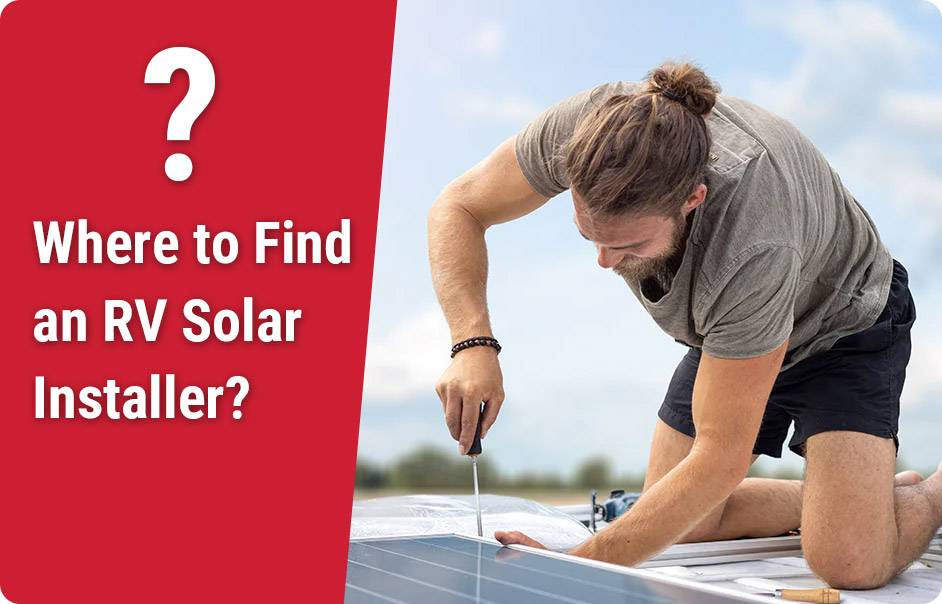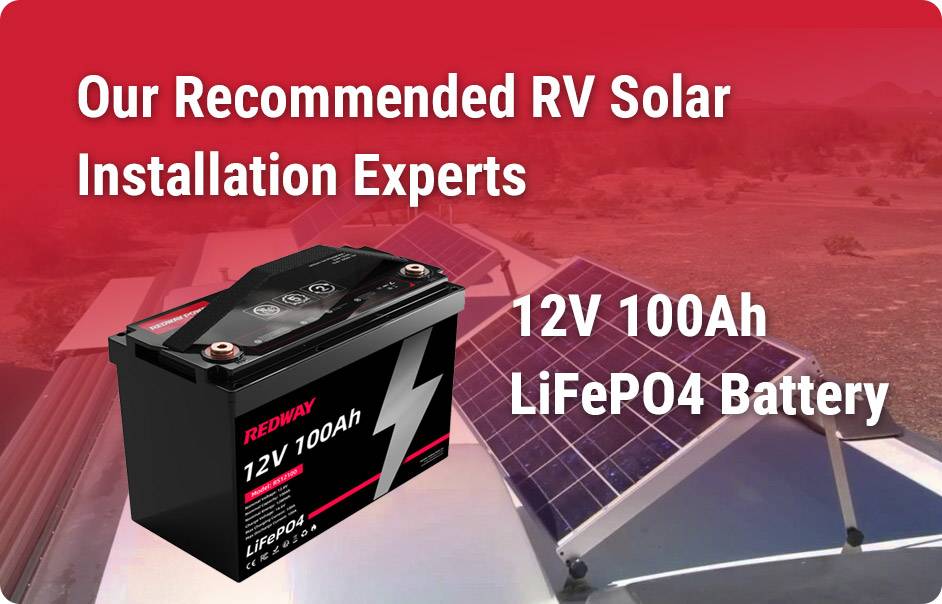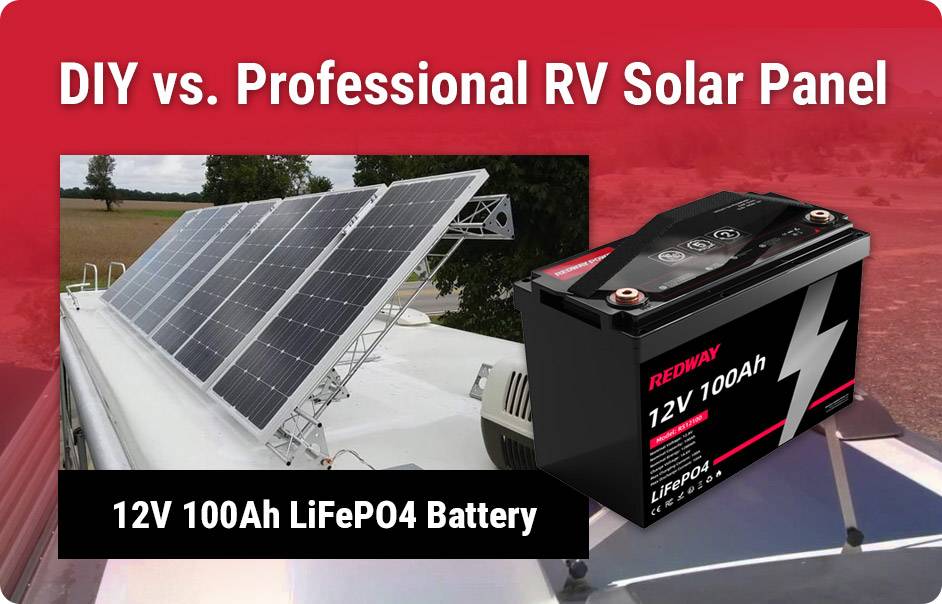- Lithium Golf Cart Battery
- Forklift Lithium Battery
-
48V
- 48V 210Ah
- 48V 300Ah
- 48V 420Ah (949 x 349 x 569 mm)
- 48V 420Ah (950 x 421 x 450 mm)
- 48V 456Ah
- 48V 460Ah (830 x 630 x 590 mm)
- 48V 460Ah (950 x 421 x 450 mm)
- 48V 460Ah (800 x 630 x 600 mm)
- 48V 460Ah (820 x 660 x 470 mm)
- 48V 500Ah
- 48V 560Ah (810 x 630 x 600 mm)
- 48V 560Ah (950 x 592 x 450 mm)
- 48V 600Ah
- 48V 630Ah
-
48V
- 12V Lithium Battery
12V 150Ah Lithium RV Battery
Bluetooth App | BCI Group 31
LiFePO4 Lithium
Discharge Temperature -20°C ~ 65°C
Fast Charger 14.6V 50A
Solar MPPT Charging - 24V Lithium Battery
- 36V Lithium Battery
- 48V Lithium Battery
-
48V LiFePO4 Battery
- 48V 50Ah
- 48V 50Ah (for Golf Carts)
- 48V 60Ah (8D)
- 48V 100Ah (8D)
- 48V 100Ah
- 48V 100Ah (Discharge 100A for Golf Carts)
- 48V 100Ah (Discharge 150A for Golf Carts)
- 48V 100Ah (Discharge 200A for Golf Carts)
- 48V 150Ah (for Golf Carts)
- 48V 160Ah (Discharge 100A for Golf Carts)
- 48V 160Ah (Discharge 160A for Golf Carts)
-
48V LiFePO4 Battery
- 60V Lithium Battery
-
60V LiFePO4 Battery
- 60V 20Ah
- 60V 30Ah
- 60V 50Ah
- 60V 50Ah (Small Size / Side Terminal)
- 60V 100Ah (for Electric Motocycle, Electric Scooter, LSV, AGV)
- 60V 100Ah (for Forklift, AGV, Electric Scooter, Sweeper)
- 60V 150Ah (E-Motocycle / E-Scooter / E-Tricycle / Tour LSV)
- 60V 200Ah (for Forklift, AGV, Electric Scooter, Sweeper)
-
60V LiFePO4 Battery
- 72V~96V Lithium Battery
- Rack-mounted Lithium Battery
- E-Bike Battery
- All-in-One Home-ESS
- Wall-mount Battery ESS
-
Home-ESS Lithium Battery PowerWall
- 24V 100Ah 2.4kWh PW24100-S PowerWall
- 48V 50Ah 2.4kWh PW4850-S PowerWall
- 48V 50Ah 2.56kWh PW5150-S PowerWall
- 48V 100Ah 5.12kWh PW51100-F PowerWall (IP65)
- 48V 100Ah 5.12kWh PW51100-S PowerWall
- 48V 100Ah 5.12kWh PW51100-H PowerWall
- 48V 200Ah 10kWh PW51200-H PowerWall
- 48V 300Ah 15kWh PW51300-H PowerWall
PowerWall 51.2V 100Ah LiFePO4 Lithium Battery
Highly popular in Asia and Eastern Europe.
CE Certification | Home-ESS -
Home-ESS Lithium Battery PowerWall
- Portable Power Stations
How to Find an RV Solar Installer Near You

Finding a reliable RV solar installer is essential for setting up an efficient solar power system for your recreational vehicle. A good installer will ensure that your system is tailored to your specific needs, maximizing energy efficiency and performance. This guide provides insights into locating qualified RV solar installers and what to consider during your search.
What Should You Look for in an RV Solar Installer?
When searching for an RV solar installer, consider the following criteria:
| Criteria | Description |
|---|---|
| Experience | Look for installers with a proven track record in RV solar installations. |
| Certifications | Ensure they have relevant certifications, such as NRVTA or NABCEP. |
| Customer Service | Choose an installer known for excellent customer support and communication. |
These factors help ensure you select a qualified professional for your solar installation.
How Can You Find Qualified RV Solar Installers?
To find qualified RV solar installers, you can:
- Online Searches: Use search engines to find local installers specializing in RV solar systems.
- Social Media and Forums: Check platforms like Facebook groups or Reddit communities focused on RVing for recommendations.
- Industry Websites: Visit websites that list certified solar installers, such as the NRVTA or local solar associations.
Utilizing these resources can help you compile a list of potential installers.
Why Is It Important to Choose a Certified Installer?
Choosing a certified installer is crucial because:
- Quality Assurance: Certified professionals have undergone training and adhere to industry standards, ensuring high-quality work.
- Safety Compliance: They are knowledgeable about safety regulations and best practices, reducing the risk of accidents during installation.
- Warranty Protection: Many manufacturers require installations to be performed by certified professionals to maintain warranty coverage.
Selecting a certified installer increases the likelihood of a successful installation.
What Questions Should You Ask Potential Installers?
When interviewing potential installers, consider asking these questions:
- What is your experience with RV solar installations?
- Can you provide references or testimonials from previous clients?
- What brands and types of equipment do you recommend?
- Do you offer warranties on your work and the equipment?
- How do you handle permits and inspections?
These questions help gauge their expertise and customer service approach.
How Do Reviews and Testimonials Influence Your Choice?
Reviews and testimonials from previous clients provide valuable insights into an installer’s reliability and quality of work:
- Positive Feedback: High ratings indicate satisfied customers, suggesting that the installer delivers quality service.
- Constructive Criticism: Negative reviews can highlight potential issues or areas where the installer may fall short.
- Reputation: A strong reputation within the community can enhance confidence in your choice.
Checking reviews helps ensure you select a reputable installer.
What Are the Benefits of Installing Solar on Your RV?
Installing solar on your RV offers numerous benefits:
| Benefit | Description |
|---|---|
| Energy Independence | Generate your own electricity, reducing reliance on campgrounds or generators. |
| Cost Savings | Lower energy costs over time by utilizing free solar power. |
| Environmental Impact | Reduce your carbon footprint by using renewable energy sources. |
These advantages make solar installations increasingly popular among RV enthusiasts.
How Much Does It Cost to Install RV Solar Systems?
The cost of installing an RV solar system can vary widely based on several factors:
| Factor | Description |
|---|---|
| System Size | Larger systems with more panels will cost more. |
| Equipment Quality | Higher-quality panels and components typically come at a premium price. |
| Installation Complexity | More complex installations may require additional labor costs. |
On average, costs can range from $1,500 to $5,000 or more, depending on these variables.
Industrial News: Trends in RV Solar Technology
The RV industry is seeing significant advancements in solar technology, with increased adoption of lightweight solar panels that offer higher efficiency rates. Innovations include flexible panels that can conform to various surfaces and smart battery management systems that optimize energy use and storage. These developments enhance the viability of solar power for off-grid living in recreational vehicles.
Redway Power Expert Views on Choosing an Installer
“Selecting the right installer is crucial for maximizing your investment in an RV solar system,” states an expert from Redway Power. “Look for experienced professionals with solid reputations who can provide tailored solutions based on your specific needs.”


FAQs
How much does it cost to put solar on an RV?
Installing solar panels on an RV can be an affordable and sustainable way to power your adventures. The cost of putting solar on an RV can range from $600 for a basic setup to over $2,000 for larger installations. By harnessing the power of the sun, you can recharge your house batteries, run appliances, and extend the life of your batteries. With options like monocrystalline, polycrystalline, flexible, or rigid panels, you can choose the best fit for your RV. Use a solar sizing calculator to determine the right number of panels for your energy needs. Embrace the freedom of off-grid camping and reduce your carbon footprint with solar power for your RV.
How many solar panels do you need to run your RV?
To determine how many solar panels you need to run your RV, calculate your total daily power consumption by adding up the wattage of all appliances and devices. Consider the average peak sunlight hours in your location and the solar panel’s output rating. Divide the total daily power consumption by the energy produced by each solar panel to determine the number of panels needed. Factors like shading, dust, and panel type can affect efficiency. Optimal configurations may include multiple panels to meet power output demands and ensure an adequate energy supply for off-grid camping.
How long does it take to install solar panels on an RV?
The installation of solar panels on an RV typically takes around 3 days. However, the duration may vary depending on the complexity of the installation and the number of panels being installed. It is recommended to consult with a professional installer who can provide an accurate estimate and keep you informed about the progress during the installation process. Ensure that the installation is done correctly to maximize the efficiency and performance of your solar system.
What is the best solar for RV?
Finding the best solar panels for your RV is crucial for sustainable power on your travels. The top-rated RV solar panels offer a range of options, from mounted to portable panels, with varying wattage and efficiency levels. Renogy 200W 12-Volt Solar RV Kit is a popular choice for its easy installation and expandable power capacity. For those on a budget, the Eco-Worthy 100W Solar Panel provides good quality at an affordable price. When it comes to lightweight and flexible options, the Renogy 100W 12V Flexible RV Solar Panel stands out. Consider your specific needs and preferences to select the best solar panels for your RV adventures.












